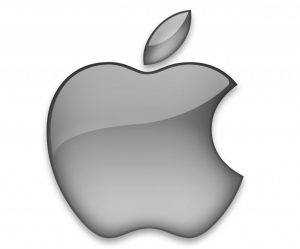 Tech giant Apple (NASDAQ:AAPL) is gearing up to battle the European Commission in court over a $14 billion tax charge. This week, the company is reportedly launching a legal challenge over a ruling that found it owed roughly that much to Ireland in back taxes. Apple’s European headquarters are located in Ireland.
Tech giant Apple (NASDAQ:AAPL) is gearing up to battle the European Commission in court over a $14 billion tax charge. This week, the company is reportedly launching a legal challenge over a ruling that found it owed roughly that much to Ireland in back taxes. Apple’s European headquarters are located in Ireland.
In August, competition authorities in Europe accused Apple of accepting illegal state aid with its tax arrangements in Ireland. Two tax rulings issued by the country significantly reduced the tax paid by Apple since 1991. Court submissions showed that Apple was paying a corporate tax rate of just 0.05 percent in Ireland.
In September, Irish Finance minister Michael Noonan said, “Apple paid all the taxes that was due for their activities in Ireland.” The company has made similar statements in the past, insisting that it follows the law and pays everything it owes.
The EU charged that Apple shifted nearly all of its European profits to two “head offices” in Ireland to avoid taxation. Apple has claimed that those units were never fully exempt from taxes, just subject to deferred U.S. taxation, which would only apply if the company brought the money back into the United States.
The decision was contested by the Irish government, who claimed that the EU was interfering with its sovereignty. The government is now saying it is joining Apple in the appeal. In a statement on Monday, the Irish Finance ministry said that “the commission has misunderstood the relevant facts and Irish law.” The Commission insisted that it respected both parties’ procedural rights, and gave Ireland “ample opportunity” to make its positions known.
The U.S. firm said that the commission’s decision was “political” and claimed that the outcome was predetermined before the beginning of the case. In a statement released on Monday, Apple said, “The Commission took unilateral action and retroactively changed the rules, disregarding decades of Irish tax law, US tax law, as well as global consensus on tax policy, that everyone has relied on.” Apple has previously said that it is confident that the bill will be overturned.
